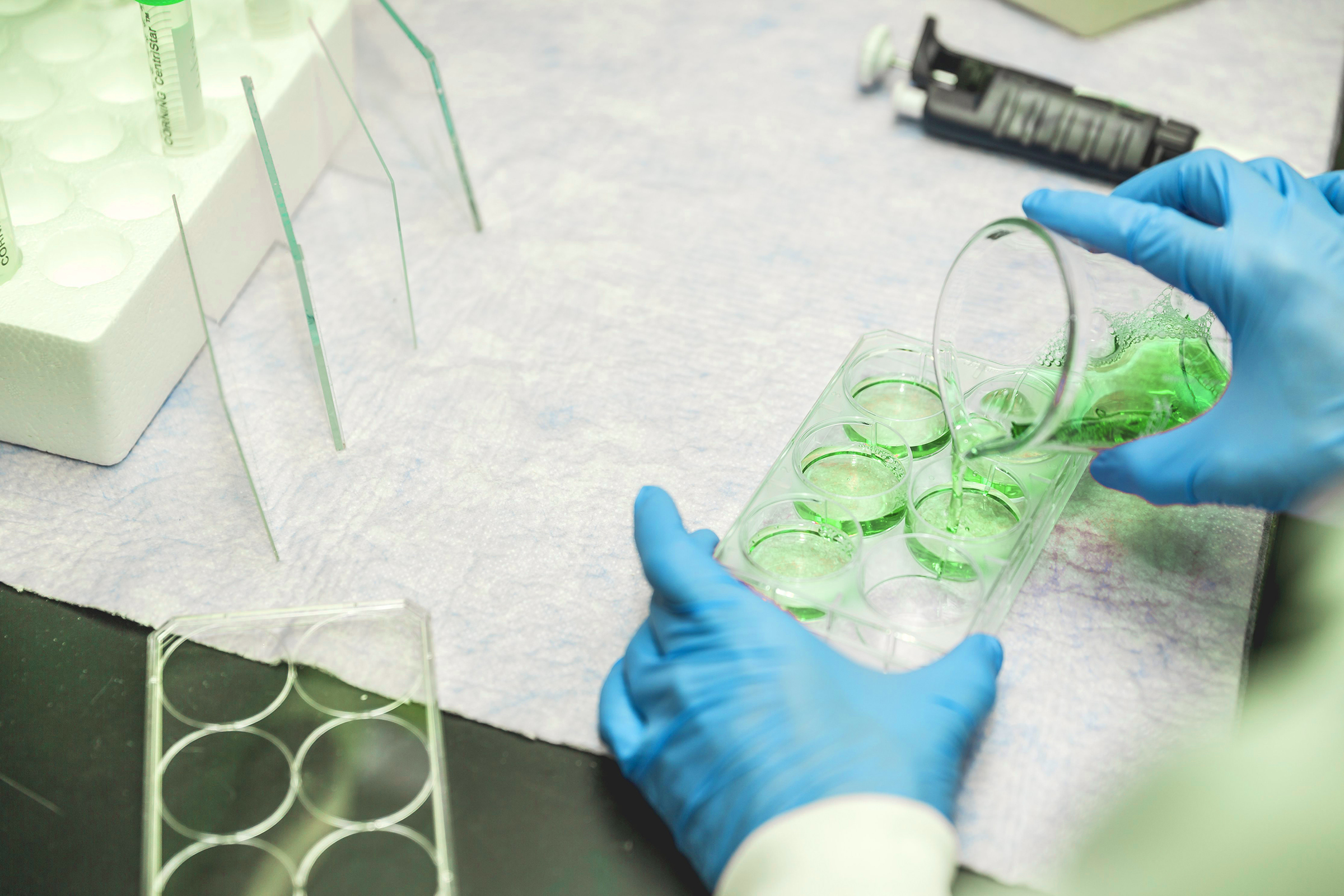Our Investments
Dr. Sameek Roychowdhury’s Research Progresses Because of Pelotonia Funding
By Steve Wartenberg|February 03, 2016

I recently spent some time with Dr. Sameek Roychowdhury. Midway through our chat, I suddenly realized: Sameek represents several elements of Pelotonia funding: recruiting top researchers, funding innovative ideas, and equipping labs.
They all intersect with Sameek.
“Pelotonia played a big part in bringing me back (to Ohio State and the James) and provides the funding for research not funded by the government,” Sameek said.
But first, before we connect the dots between Sameek and Pelotonia, let’s discuss his research. Sameek and his team develop personalized approaches to cancer treatment with “smart drugs.”
Step one is to utilize the genome sequencing of a person’s DNA to get a clearer look at the genetic mutations of their cancer. Then, each patient is matched to the smart drug or drugs proven to be most effective against this specific genetic mutation/cancer.
“We look at what’s the right drug, why does this drug work or not work and how does the cancer become resistant to a drug,” Sameek explained, adding this approach helps doctors tailor the best treatment course. “Chemo is toxic. Smart drugs are toxic to cancer cells, but they are more focused on the cancer cells. There’s less risk to the other cells, less risk for the patient.”
With funding from a Pelotonia Idea Grant, Sameek is taking his research a couple of steps forward. Scientists have identified Fibroblast Growth Factor Receptor (FGFR) as a genetic mutation that leads to the growth of cancer cells.
“It can be found in any type of cancer,” Sameek said.
Sameek and his team study new FGFR inhibitors, drugs that attack the FGFR mutations. “The FGFR inhibitor is designed to turn off that gene in cancer cells and stop their growth,” he said.
The team is currently in the midst of early clinical trials for FGFR inhibitors. About 10 people have been enrolled, with a goal of enrolling up to 100 cancer patients with FGFR. If the trials are successful, subsequent trials will expand the number involved and will – hopefully – lead to a new and improved way to fight cancer.
“About 5 to 10 percent of all cancer patients have FGFR mutations present,” Sameek said. If his clinical trials prove successful, “it could change the way we think about and treat cancer. Instead of looking at it as lung cancer or breast cancer, we could classify a cancer by its genetic mutation.”
Sameek grew up in Hilliard, and went to Ohio State, where he studied genetics. “I was interested in medicine and enamored with research,” he said. He completed a joint medical and PhD program at Ohio State with an emphasis on cancer immunology and experimental therapeutics. Mike Caligiuri was his advisor and a mentor.
In 2006, Sameek went to the University of Michigan, where he was involved in some of the early research that used genome sequencing to better understand cancer. In 2012, Mike Caligiuri – and Pelotonia – brought Sameek home to the James. His wife, Jennifer Bush, is a primary care physician.
Pelotonia funds “recruited me here to start a lab,” Sameek said “Pelotonia was essential in starting my lab. It brings talented people here and gives them the resources to go after their ideas.”
Vital to the FGFR clinical trials and much of the other work Sameek and his lab do, are three desktop computers that perform gene sequencing. They cost $125,000 each – and were purchased with Pelotonia funds.
“Before we had to send our samples to outside labs that tested one gene at a time,” Sameek said. “Now, there are ways we can use new technologies to test hundreds of genes at once.”
Sameek compares the potential of the FGFR inhibitor clinical trials to the approach that has been so effective in treating HIV.
Cancer cells are smart and often develop resistance to drugs that are initially effective. “We can learn how and why the resistance develops,” Sameek said. “And then we can figure out ways to prevent it by using combination therapies.”
One drug will target “the FGFR gene and kill that and a second drug will target another gene and prevent the resistance from emerging, like the HIV triple cocktail that targets the HIV life cycle.”
Sameek rides in Pelotonia with the Team Buckeye – OncoBucksters. “The experience of Pelotonia is magical,” he said. “The signs you see that say the James saved my life, the cowbells, all the people cheering us on, that’s what brings me back.”

2281 Kenny Road, Suite 450, Columbus, Ohio 43210 | 614.221.6100
© 2025 Pelotonia. All rights reserved.
Major Funding Partners





